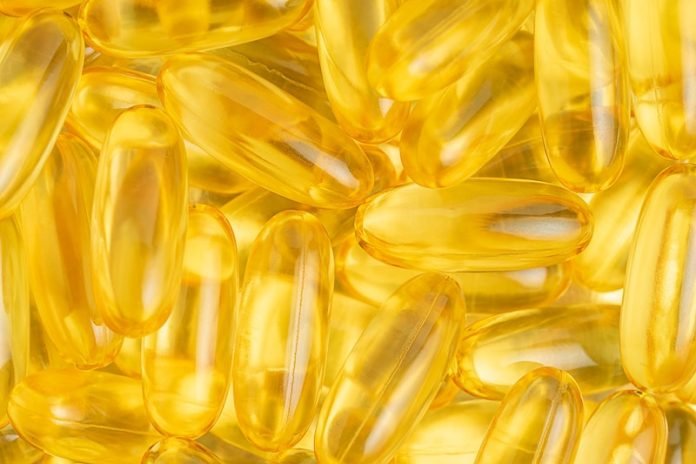
As we grow older, our bodies require extra care to stay healthy. One essential nutrient for older adults is vitamin D.
It has a vital role in our bodies, from keeping our bones strong to supporting our immune system. However, as we age, our bodies become less efficient at producing vitamin D, which can put us at risk of deficiency.
In this article, we will explore why vitamin D is important for older adults and how to ensure we get enough of it.
Why Vitamin D Matters for Older Adults
Stronger Bones: Vitamin D plays a crucial role in maintaining strong bones. It helps our bodies absorb calcium, which is necessary for bone health.
Without enough vitamin D, our bodies struggle to absorb sufficient calcium, leading to weaker bones and a higher risk of fractures. This is especially important for older people, who are more prone to bone loss and fractures.
Reduced Risk of Falls: Falls are a common concern among older adults and can result in serious injuries like hip fractures.
Vitamin D can help reduce the risk of falls by improving muscle strength and balance. Studies have shown that taking vitamin D supplements can enhance these factors, making falls less likely.
Improved Immune Function: A strong immune system is crucial for fighting off infections and diseases. As we age, our immune system becomes less efficient, making us more vulnerable.
Vitamin D plays a role in supporting our immune system, helping it to function optimally. By ensuring adequate vitamin D levels, we can support our immune system and maintain better overall health.
Reduced Risk of Chronic Diseases: Vitamin D deficiency has been linked to various chronic diseases, including heart disease, diabetes, and certain types of cancer.
Research suggests that maintaining sufficient vitamin D levels can help lower the risk of these conditions in older adults.
For example, a study found that vitamin D supplementation reduced the risk of heart disease in women over 50.
Improved Mood: Vitamin D has also been associated with improved mood and a reduced risk of depression, which is essential for mental well-being.
Low vitamin D levels are linked to an increased risk of depression in older adults. Ensuring sufficient vitamin D can support our mental health, promoting a more positive outlook on life.
Obtaining Enough Vitamin D
Sunlight: Our bodies can produce vitamin D when our skin is exposed to sunlight. Spending around 10 to 30 minutes in the sun a few times a week, with arms and legs uncovered, can help boost vitamin D levels.
However, as we age, our bodies become less efficient at producing vitamin D from sunlight.
Dietary Sources: Including vitamin D-rich foods in our diet is important. Fatty fish like salmon and trout, egg yolks, and fortified dairy products (like milk and yogurt) are excellent sources of vitamin D.
Additionally, fortified plant-based milk alternatives, fortified cereals, and some types of mushrooms can also provide vitamin D.
Vitamin D Supplements: If getting enough vitamin D from sunlight and food is challenging, supplements can be an effective option.
It is crucial to consult a healthcare provider to determine the appropriate dosage and type of supplement for individual needs. They can assess any existing medical conditions and provide personalized advice.
Conclusion
Vitamin D plays a vital role in maintaining the health and well-being of older adults. From strengthening bones and reducing the risk of falls to supporting immune function and reducing the risk of chronic diseases, vitamin D is crucial.
By getting enough sunlight, incorporating vitamin D-rich foods into our diet, and considering supplements when necessary, we can ensure we meet our vitamin D needs.
Prioritizing vitamin D intake is a step towards healthy aging and maintaining a vibrant and active lifestyle.
If you care about blood pressure, please read studies about unhealthy habits that could increase high blood pressure risk, and Vitamin B can help reduce drug-resistant high blood pressure.
For more information about blood pressure, please see recent studies that early time-restricted eating could help improve blood pressure, and results showing Marijuana may strongly increase death risk in high blood pressure.
Copyright © 2023 Knowridge Science Report. All rights reserved.



